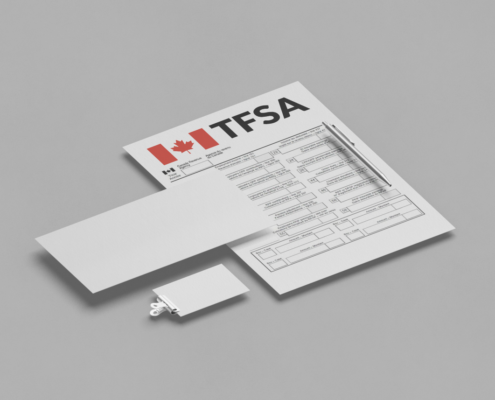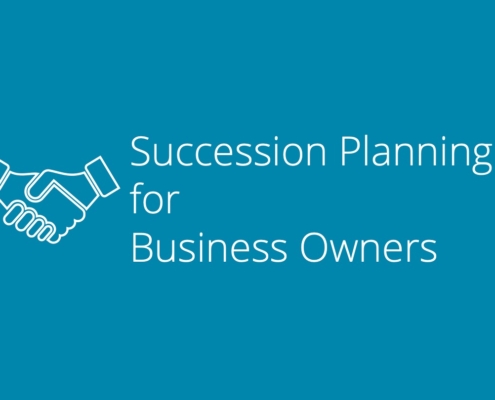
The Six Steps to Financial Planning
Blog, Finance, Financial PlanningA certified financial planner is trained to focus on all aspects of your finances – everything from your taxes to retirement savings.
The six steps to financial planning are:
• Meeting your financial planner
• Determining your goals and expectation
• Reviewing your current financial state
• Developing a financial plan
• Implementing a financial plan
• Monitoring the plan
A certified financial planner will develop a plan that works for you both today and in the future.

Why Life Insurance Should Be Part Of Your Estate Planning
Blog, FinanceBy working hard and carefully managing your money, you've set yourself up to be able to relax and enjoy yourself during your retirement years. You also need to think beyond your retirement years about what you want to do with your assets during estate planning.
In addition, you need to consider your estate planning's tax implications and how life insurance can help reduce the tax burden your heirs will face.
We'll tell you about:
• What kind of assets you can include in your estate.
• How life insurance can be used to cover tax liabilities.
• Other reasons you may want to have life insurance as part of your estate planning.

What Is The Right Age To Purchase Life Insurance?
Blog, FinanceDeciding when you should purchase life insurance varies by person and the individual’s circumstance. But there are both benefits and drawbacks to purchasing life insurance at certain ages. Although the general consensus is that you should purchase when you are younger, there is no “wrong” age to consider purchasing life insurance.
That’s a good thing. Chances are your family may change or grow at different stages of your life, prompting you to consider purchasing a certain life insurance policy at different ages. Below we take a look at why it is a good idea to have life insurance at any age.

“Final Pivot” – COVID-19 Emergency Benefits expire October 23rd, replaced by targeted supports
Blog, FinanceOn Thursday, October 22nd, Deputy Prime Minister and Finance Minister Chrystia Freeland announced the "final pivot in delivering the support needed to deliver a robust recovery." This "Final Pivot" means several existing pandemic support programs for individuals and businesses will expire on October 23rd, 2021:
- Canada Recovery Benefit (CRB)
- Canada Emergency Rent Subsidy (CERS)
- Canada Emergency Wage Subsidy (CEWS)

Estate Freeze
Blog, FinanceNo business owner likes to think about handing over their business they've built from the ground up. But the fact of the matter is, you will have to do it eventually. Even more concerning, what if you were to become ill or incapacitated? Making a decision of this magnitude during trying times would not be ideal.
For the business owner, an estate freeze can be an integral part of your estate planning strategy. The purpose of an estate freeze is to lock-in (freeze) the value of the business, freeing the successor from the tax liability that may arise should the business' value increase.

What Are The Benefits Of Opening A TFSA?
Blog, FinanceHave you been considering opening a Tax-Free Savings Account (TFSA) to strengthen your retirement plan? Perhaps you are considering opening a TFSA but are not quite sure how it could be used to complement your existing RRSP.
Every individual has a different wealth management strategy and retirement goals, so you should speak to a financial advisor to determine if a TFSA is right for you. Below is a helpful guide to determine if a TFSA would make sense for your wealth management strategy.

Succession Planning for Business Owners
Blog, Business Owners, Business Succession, Business Succession Planning, FinanceBusiness owners deal with a unique set of challenges. One of these challenges includes succession planning. A succession plan is the process of the transfer of ownership, management and interest of a business. When should a business owner have a succession plan? A succession plan is required through the survival, growth and maturity stage of a business. All business owners, partners and shareholders should have a plan in place during these business stages.
